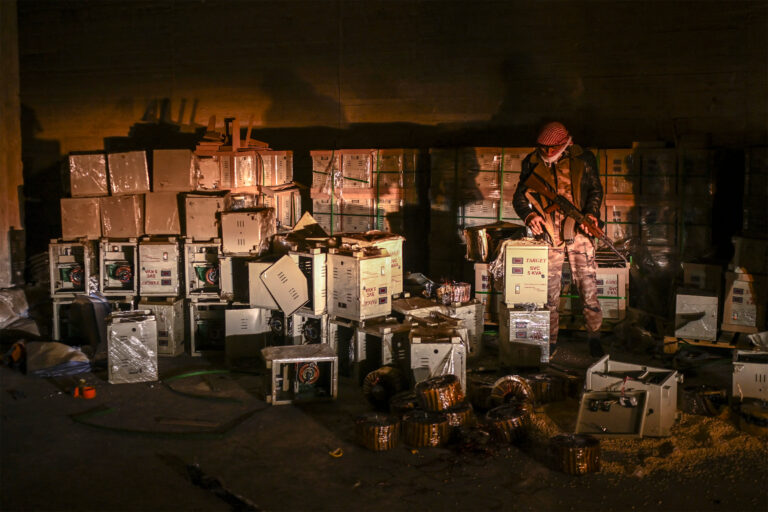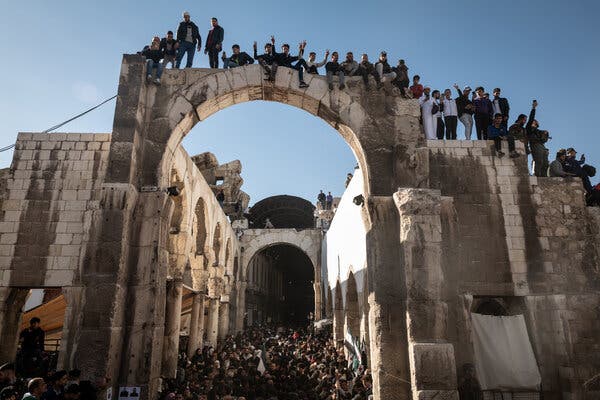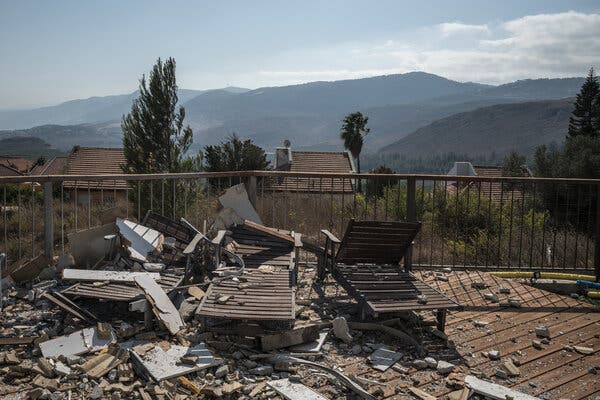Exploding wireless devices maimed thousands. An Israeli airstrike on Friday flattened two buildings. Many doctors, exhausted, wonder how the country will cope if violence continues.

Dr. Dania El-Hallak was already exhausted. After wireless devices exploded across Lebanon, there had been little time to process what she had seen — the hundreds of wounded, many of their faces disfigured beyond recognition.
“I am hoping that it was all just a bad dream,” Dr. El-Hallak said, still struggling to take stock of the carnage on Friday.
Then, without warning, Israeli fighter jets ripped through the skies above Lebanon’s capital.
“There are strikes in Dahiya?” she said in disbelief, using the Arabic name for Beirut’s southern suburbs.
Her nightmare had only just begun.
The attacks on Hezbollah’s communication devices this week — widely attributed to Israel — wounded thousands of people, leaving many of them permanently disabled and in need of long-term rehabilitative care. The Israeli airstrike just miles from downtown Beirut on Friday, which killed at least 37 people and injured dozens more, has only added to the toll. Others are still presumed trapped in the debris.
Lebanon’s ailing health system — already embattled by a crippling economic collapse — has been sent into overdrive.



